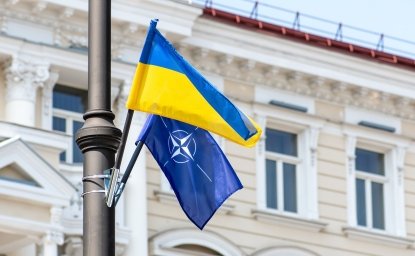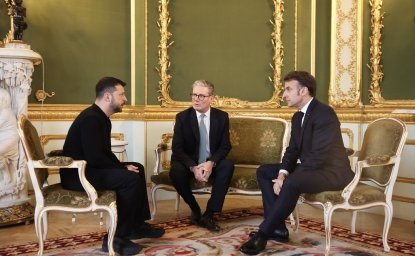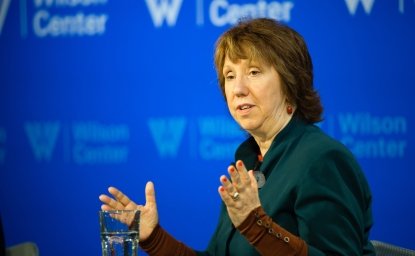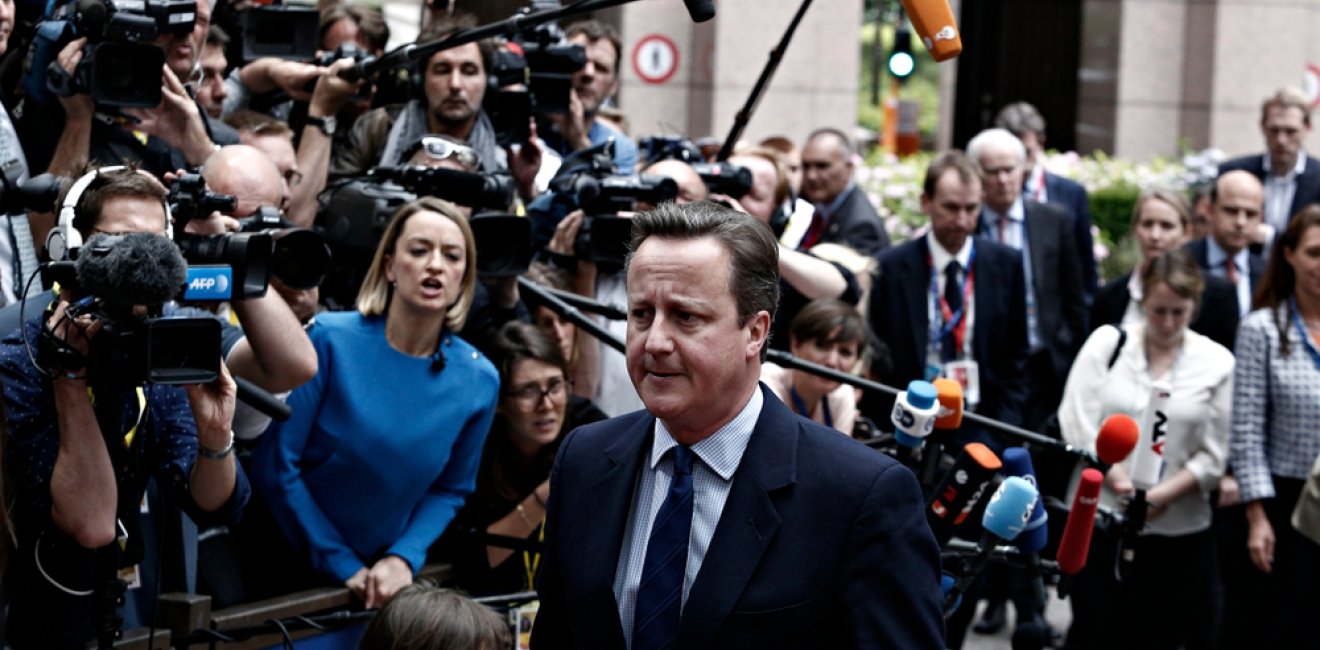UK Prime Minister Rishi Sunak knows how to keep a secret.
He’s pulled off a rare feat this week: changing his Cabinet and adding a surprise player into the mix—former Prime Minister David Cameron.
Of course, pundits had been predicting changes to the cabinet after the summer break. The political logic was sound: his team would be a highly visible statement of his priorities before next year’s general election. The change wouldn’t be the first (he shuffled some personnel in February). But it will probably (barring unpredictable screw-ups) be the last.
Sunak acted now because Suella Braverman—the Home Secretary—left him little choice. Her leadership of the Home Office was controversial from the start. Initially appointed during Liz Truss’s brief stint as Prime Minister, Braverman resigned in 2022 after just a handful of weeks (she had sent an official document to a political ally via her personal email account, breaking the Ministerial Code). When Sunak took over as Prime Minister a few days later, he reinstated her. Most saw the move as a way for Sunak to appease those who found him too moderate.
A political rival from the party’s right, Braverman was no team player. She was a fierce critic of illegal immigration to the UK yet proved ineffective at addressing it. Many of her comments were criticized as inflammatory—but didn’t get her fired. What got her in trouble this time was her recent article in The Times, criticizing police for their handling of pro-Palestinian demonstrations. The article reflected her views–but not the Prime Minister’s input. Sunak could either keep her or fire her. He fired her.
It left Sunak with a critical job to fill. It’s not surprising he turned to James Cleverly, who’s ably served as Foreign Secretary since 2022. Some thought Cleverly might take over the Defense Ministry when Ben Wallace left in August—but Sunak kept him in place. Cleverly had built trust with his staff and with the diplomatic community. His success at the Foreign Office is probably why Sunak moved him now. Sunak needed someone capable of quickly gaining the trust of Home Office staff, the police, and the public. He’s counting on Cleverly to succeed again.
Sunak’s surprise was bringing former Prime Minister David Cameron on as Foreign Secretary. It’s a long time since a former Prime Minister returned to government in a lesser position (not since 1970). And because Cameron wasn’t a current member of parliament, he was quickly given a seat in the House of Lords and a title. Cameron, who’s been in the political wilderness since he gambled on–and lost–the Brexit referendum in 2016, is suddenly back in the spotlight.
Cameron brings his Brexit baggage to the Foreign Office; how will the European Union and its leaders react? Will Cameron be able to build better relations between the UK and the EU after their split? What will Cameron’s approach to China be? When he was in office, he saw China as an economic opportunity for Britain—but seven years on, geopolitics have changed. Cameron led from the front in Libya in 2011; how will the region engage with him now?
Cameron led the Conservatives into power in 2010 in coalition with the Liberal Democrats. Risky as it is for Sunak to remind voters of how 13 years of Conservative government began, he may also be suggesting a possible second coalition in 2024. The Labour party is still well ahead, but Sunak may deploy the strategy in the months ahead.
Sunak’s real challenge, however, is keeping his party together as he governs. Braverman and others on the party’s right will not refrain from criticizing Sunak even with an election ahead. Because it’s not the general election they are focused on–they are anticipating defeat. Rather, Braverman and others are setting themselves up for a different contest: leader of the Conservatives when and if Sunak fails.
Author


Global Europe Program
The Global Europe Program is focused on Europe’s capabilities, and how it engages on critical global issues. We investigate European approaches to critical global issues. We examine Europe’s relations with Russia and Eurasia, China and the Indo-Pacific, the Middle East and Africa. Our initiatives include “Ukraine in Europe”—an examination of what it will take to make Ukraine’s European future a reality. But we also examine the role of NATO, the European Union and the OSCE, Europe’s energy security, transatlantic trade disputes, and challenges to democracy. The Global Europe Program’s staff, scholars-in-residence, and Global Fellows participate in seminars, policy study groups, and international conferences to provide analytical recommendations to policy makers and the media. Read more

Explore More
Browse Insights & Analysis
Europe Scrambles to Bolster Defense in the Aftermath of US Pausing Support for Ukraine

Can the Ukraine Crisis Make Europe Less Reliant on the United States?


